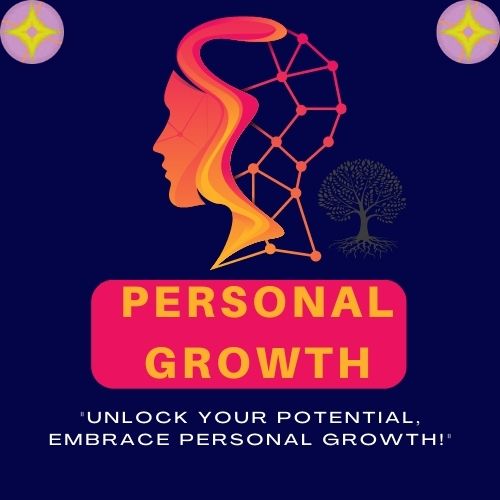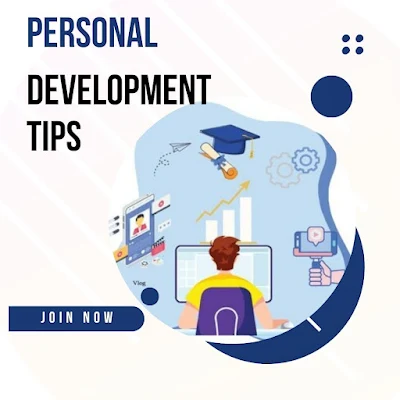Introduction:
Some people may hate personal development for various reasons. Firstly, personal development often requires individuals to step out of their comfort zones and confront their shortcomings or weaknesses, which can be uncomfortable and challenging. Additionally, personal development can sometimes be associated with societal pressures or expectations, leading to feelings of inadequacy or a sense of being judged. Moreover, some individuals may have had negative experiences with self-help materials or encountered unrealistic promises of overnight transformations, leading to skepticism or disillusionment. Finally, personal development can be seen as time-consuming or overwhelming, especially when individuals already have busy lives or face other pressing priorities. These factors can contribute to a dislike or aversion toward personal development among some people.
Personal development, also known as self-improvement, is a broad field that focuses on enhancing skills, knowledge, mindset, and overall well-being. It involves practices like goal-setting, positive thinking, mindfulness, and self-reflection. While personal development has become popular, it faces criticism and disdain from some people. In this article, we will explore the reasons behind this aversion and uncover the paradoxical aspects that contribute to it.

Overpowering Assumptions:
- One reason people dislike personal development is that it can create overwhelming expectations. Self-help literature, seminars, and programs often emphasize ambitious goals and instant transformation, which can set unrealistic expectations. When individuals fail to meet these expectations, they may feel disappointed, doubt themselves, and even consider themselves failures. The constant pressure to strive for self-improvement can be exhausting and discouraging, leading some to reject the entire concept.
Lack of Tangible Results:
Another factor contributing to the aversion towards personal development is the perceived lack of tangible results. While personal development practices aim to bring positive change, the outcomes are often intangible and subjective. Unlike traditional academic or professional pursuits where achievements are easily measurable, personal development goals like increased happiness or improved relationships can be challenging to quantify. This ambiguity can frustrate individuals who prefer concrete and measurable outcomes, causing them to question the effectiveness of personal development.Oversimplification and Generalization:
Critics argue that personal development often oversimplifies complex issues and offers generalized solutions. Many self-help resources provide simplistic formulas or one-size-fits-all approaches to personal growth. However, every individual's circumstances, challenges, and aspirations are unique. Applying generic advice to complex problems can feel dismissive and unhelpful. This oversimplification erodes trust in personal development methodologies and contributes to the disdain some people feel.Consumerism and Commercialization:
The commercialization of personal development has also led to skepticism and dislike. The market is saturated with numerous self-help books, courses, and programs promising transformative experiences. Some individuals perceive personal development as a profit-driven industry that preys on people's vulnerabilities and insecurities. The focus on selling products rather than genuine personal growth can undermine trust and foster resentment towards the field as a whole.
- Notwithstanding normal self-improvement rehearses, remind yourself to:
- Get clear on what's significant in your lifevest energy on partaking in the current second and being blissful
- Believing that you understand what's best for you Working on your profound state and otherworldly being
- Believing that you understand what's best for you Working on your profound state and otherworldly being
- Working on your profound state and otherworldly being
- Invest energy in partaking in the current second and being blissful
- Believing that you understand what's best for you Working on your profound state and otherworldly being
- Working on your profound state and otherworldly being
- Believing that you understand what's best for you Working on your profound state and otherworldly being
- Working on your profound state and otherworldly being

